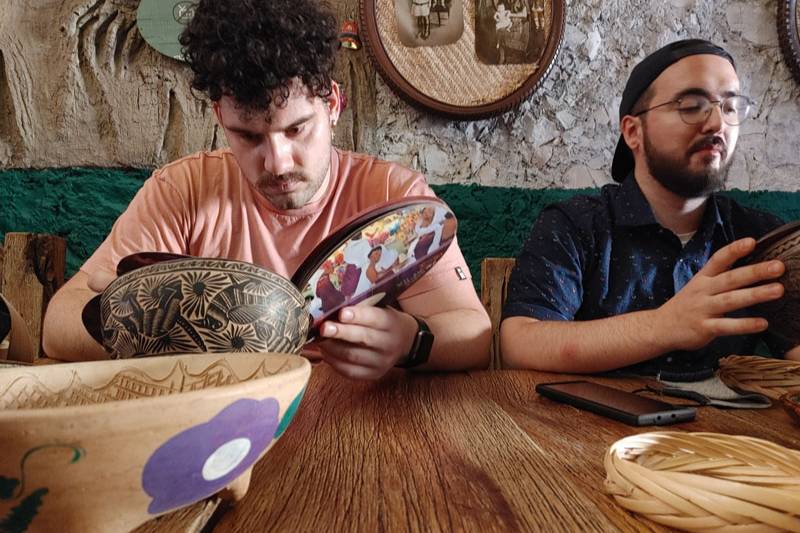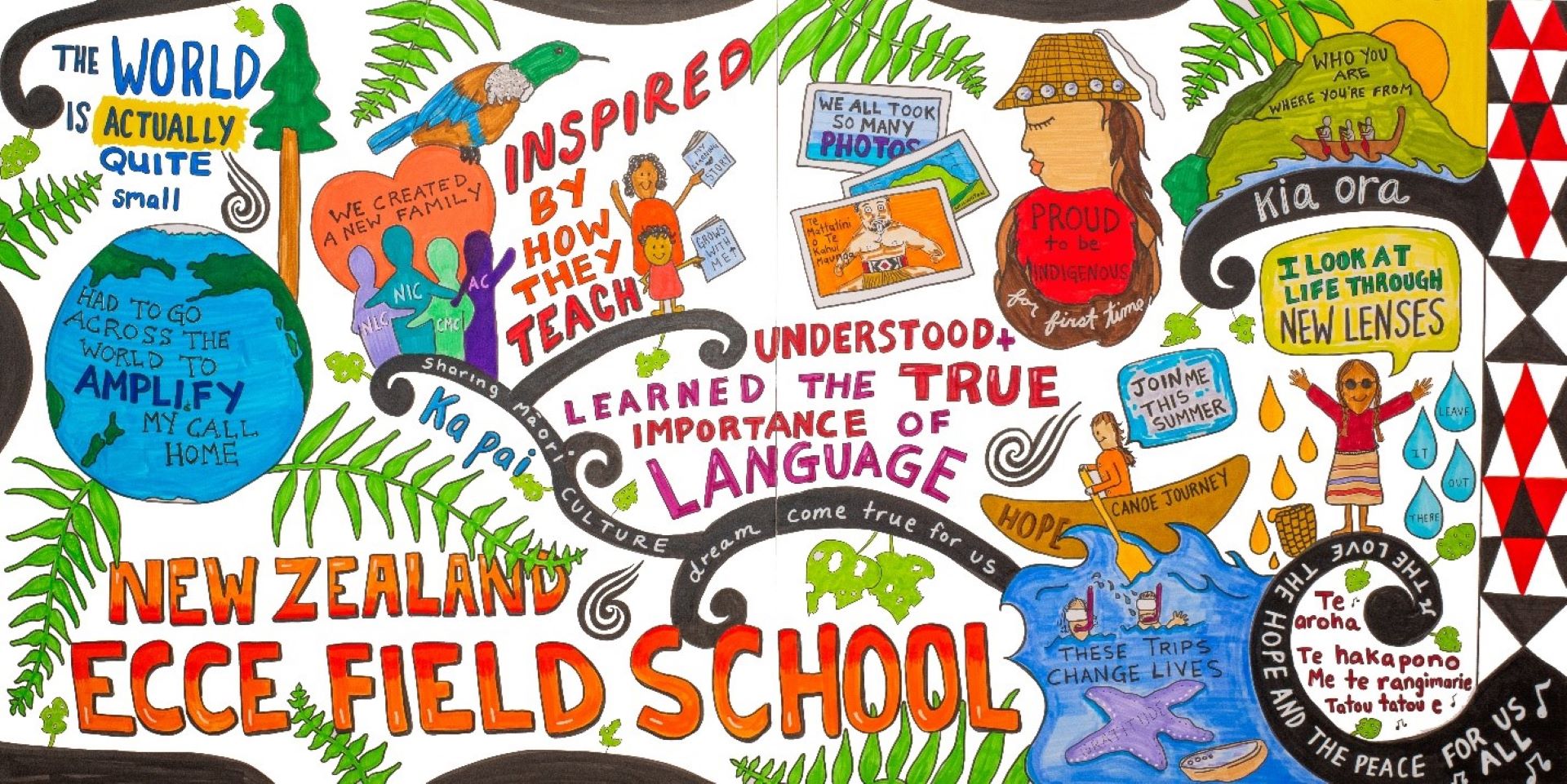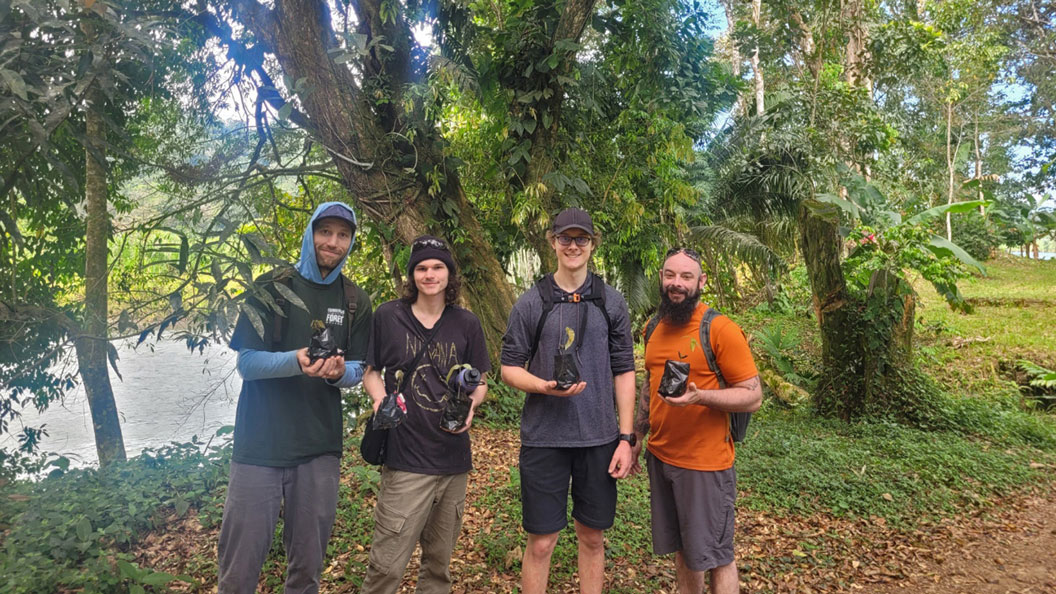Study Abroad expands horizons for students
Play audio:
There is an old Indigenous saying in New Zealand that translates to “drinking 100 cups of tea,” which suggests the long amount of time it takes to develop rapport and trust with another in a relationship. Since 2010, NIC’s Study Abroad program has been drinking lots of tea in the interests of expanding students’ horizons.
The program, which is part of the Office of Global Engagement (OGE), is based on immersing students in new cultures while studying at foreign schools. Options range from short-term travel like field schools, to studying for a longer term like a full semester abroad, all while completing the NIC education. The program is also a pathway to welcome international students to NIC as well.
Former NIC faculty Colleen Hanley started the program after spending three months in Guatemala experiencing first-hand the challenges and opportunities facing the local community.
“In the beginning we had University Studies and Business students going to the United States and to Mexico (I believe). These were individual students who travelled by themselves,” Hanley says. “I remember the wonderful range of emotions; excitement, nervousness, anticipation that each of them expressed as they prepared to travel.”
In its development and early stages, the program was thought of as an “opportunity” rather than an actual program.
During its infancy, only those who had the resources and ability would be able to take advantage of it. However, a 2018 visit from a Hawaiian partner school, Kapi'olani Community College, changed the trajectory of the program.
“That visit had tremendous influence, and it changed things,” says Romana Pasca, Manager of International Projects, Partnerships & Global Education. “Until then it was a side desk project, but after it, the program became more of a focus for the college.”
Other official partnerships followed, with the addition of schools in distant countries like Chile and Japan.
During the pandemic, the world shut down in terms of travel and so did Study Abroad opportunities. Once things began to return to normal, NIC wanted to reciprocate the visit with the Hawaiian college. When the time came, a dozen students signed up to travel, including three from Alert Bay who needed to get a passport. Funding from the federal government through the Global Skills Opportunity Fund, in collaboration with the various First Nations represented and NIC, made the trip possible. During their stay, the students learned from the Indigenous people in Hawaii about canoeing, languages and traditional gardening.
Through Study Abroad, students who may have never thought it was possible to travel now have the option because of different funding sources. For example, every year, nine students are offered $8,000 towards travel for Study Abroad.
This program is not just about the students but is a great experience for faculty and staff as well through agreements like one with Te Pūkenga – New Zealand Institute of Skills & Technology. Wilma Gus, Elder in Residence for Port Alberni, was able to share her professional development experiences and activities with this fully Indigenous institution in New Zealand.
This is just one example, as Study Abroad has grown to more than 35 different global partners, including at least one per continent (except Antarctica), with multiple partners across Canada.
As NIC marks 50 years and looks toward the future, the college community is excited about what awaits beyond the horizon for this wonderful program with our global partners—just another example of our commitment to Indigenization on a truly international scale.
As we move ahead, NIC will continue to “put the kettle on” to make more cups of tea and continue to forge new friendships. As Pasca says, “Once you have that relationship and trust, the possibilities are almost endless for the students.”



